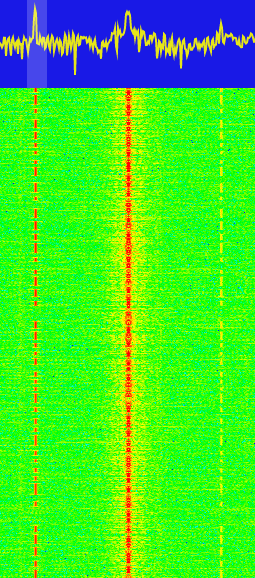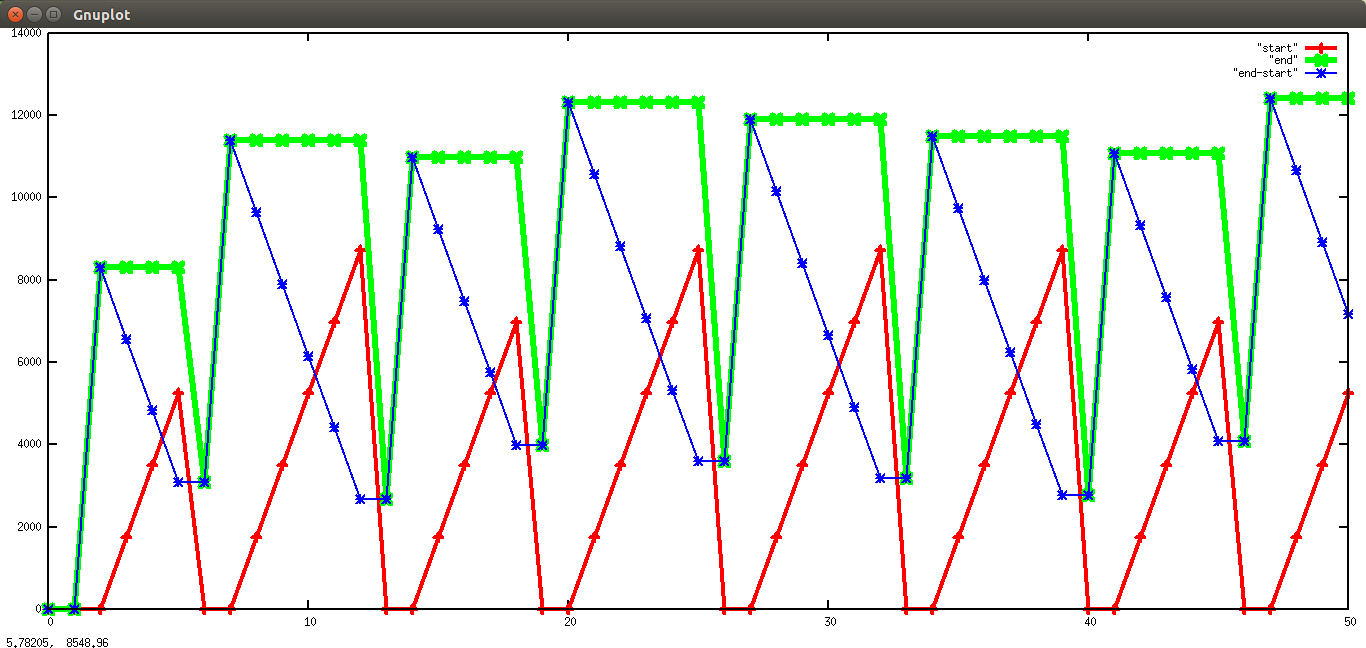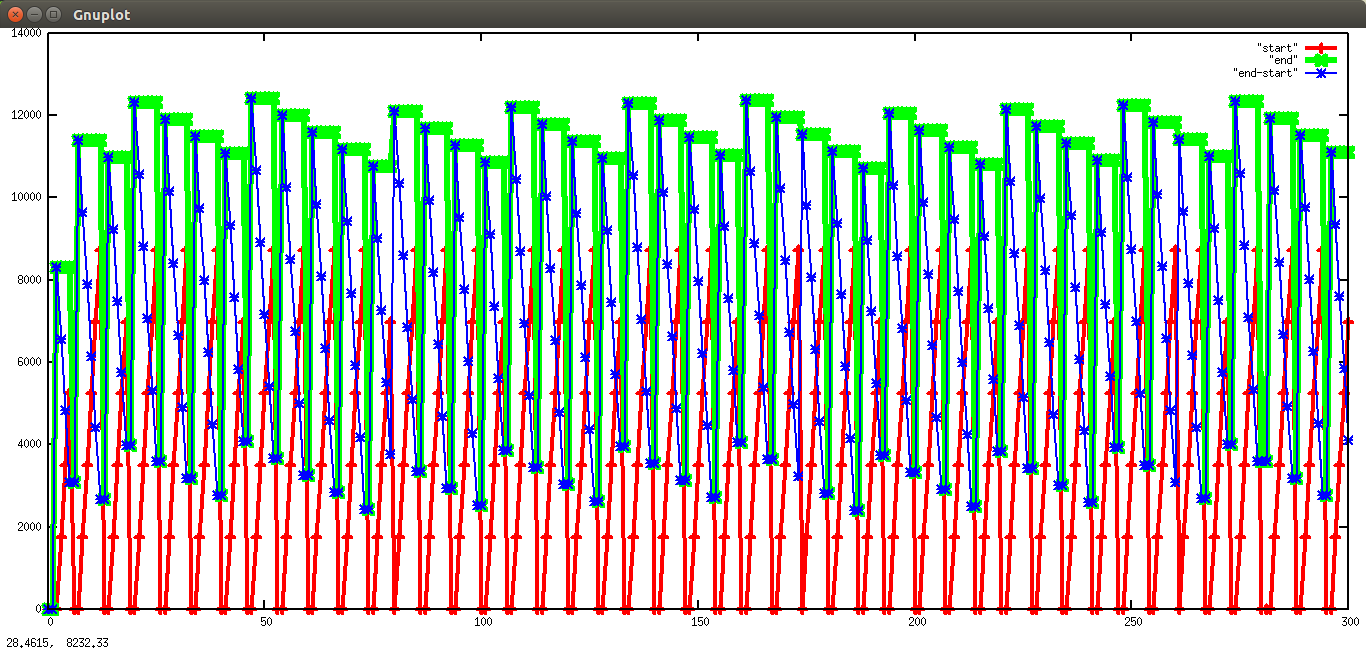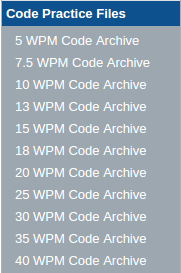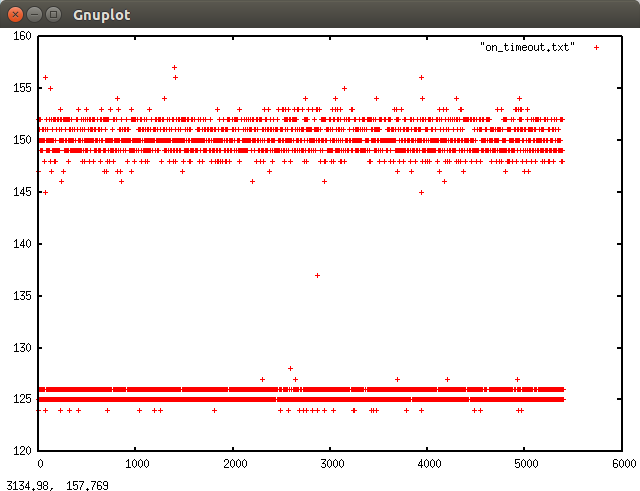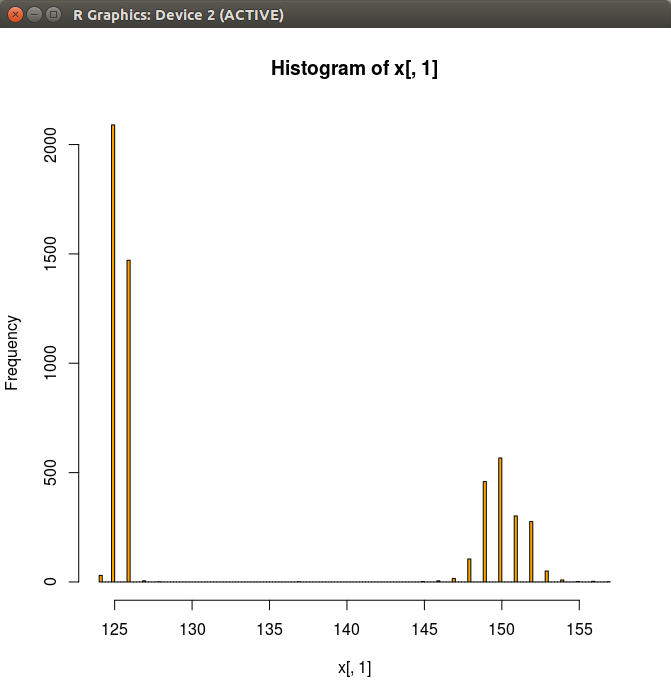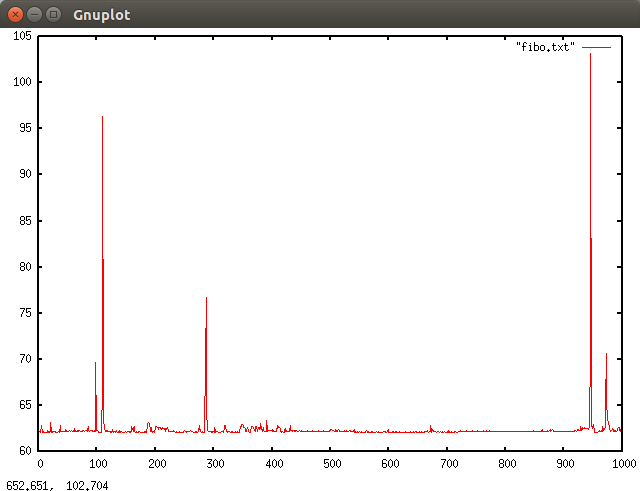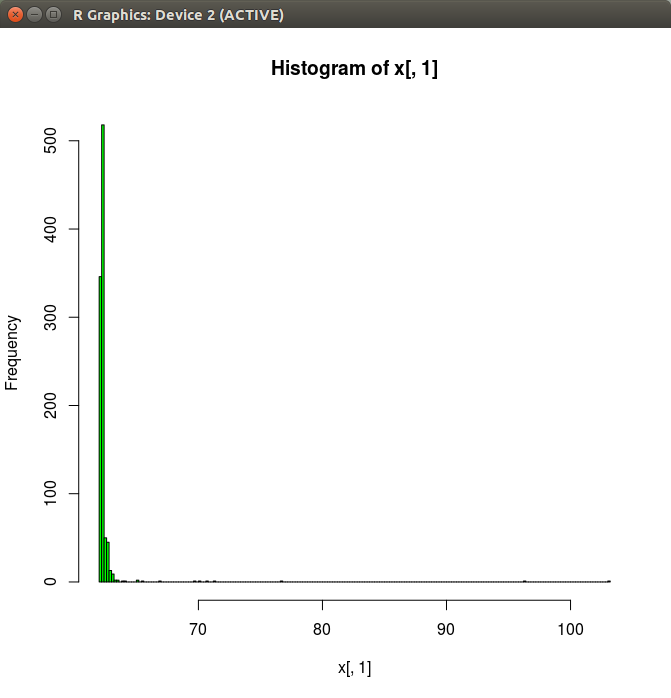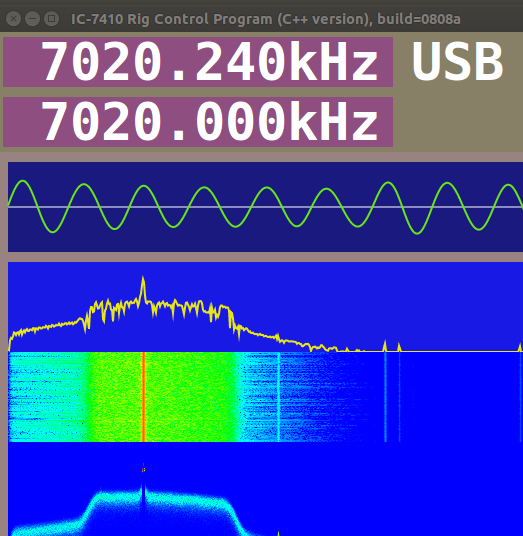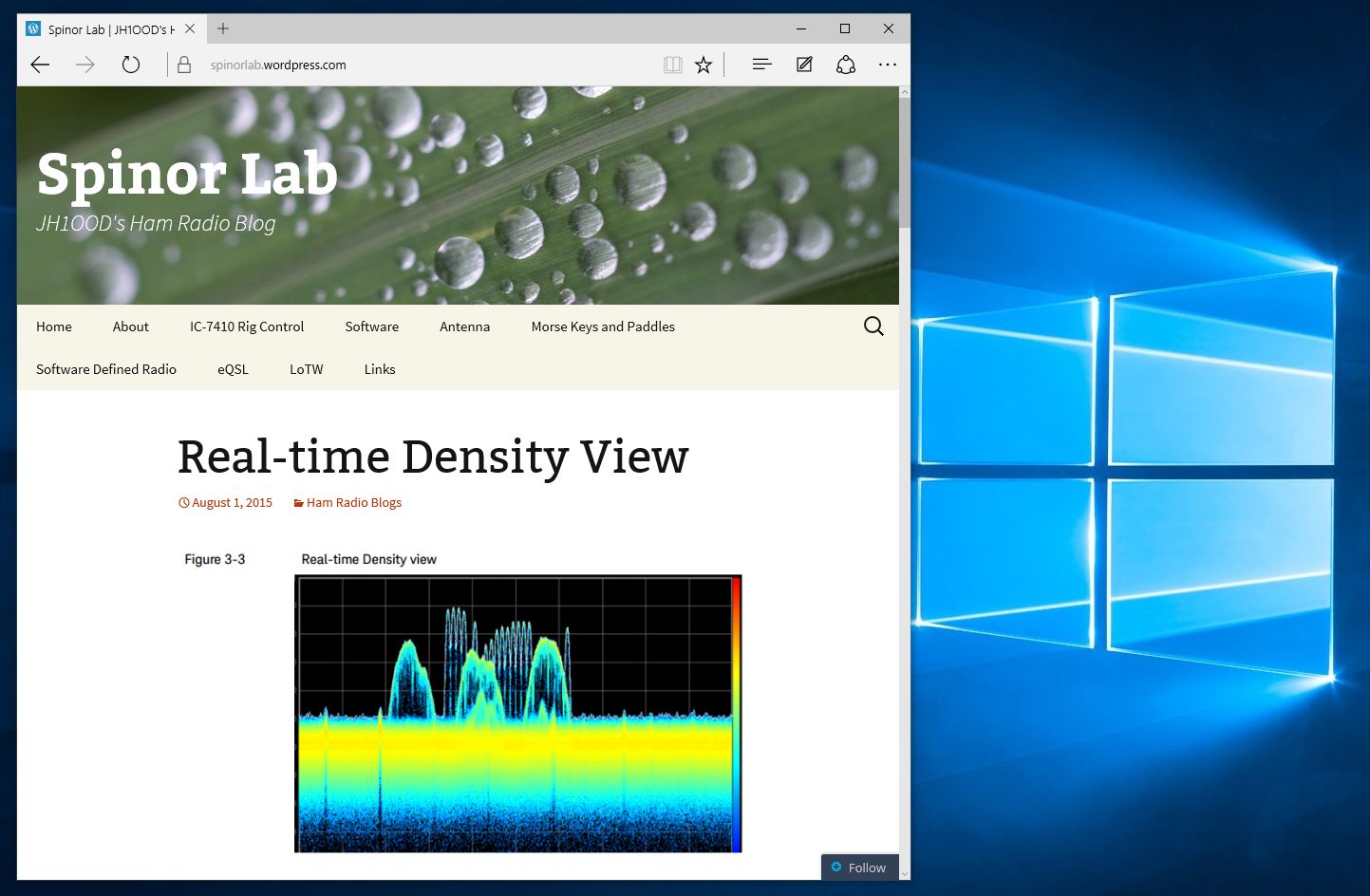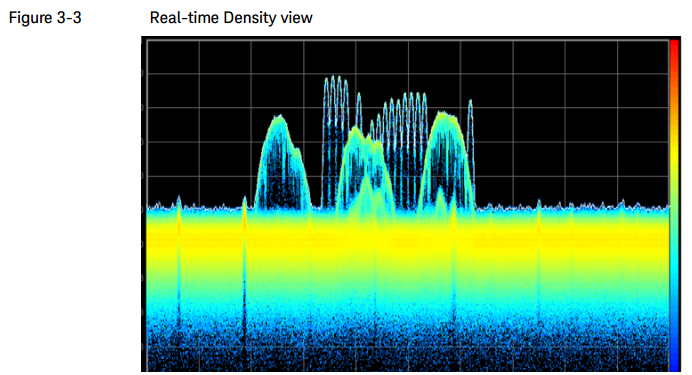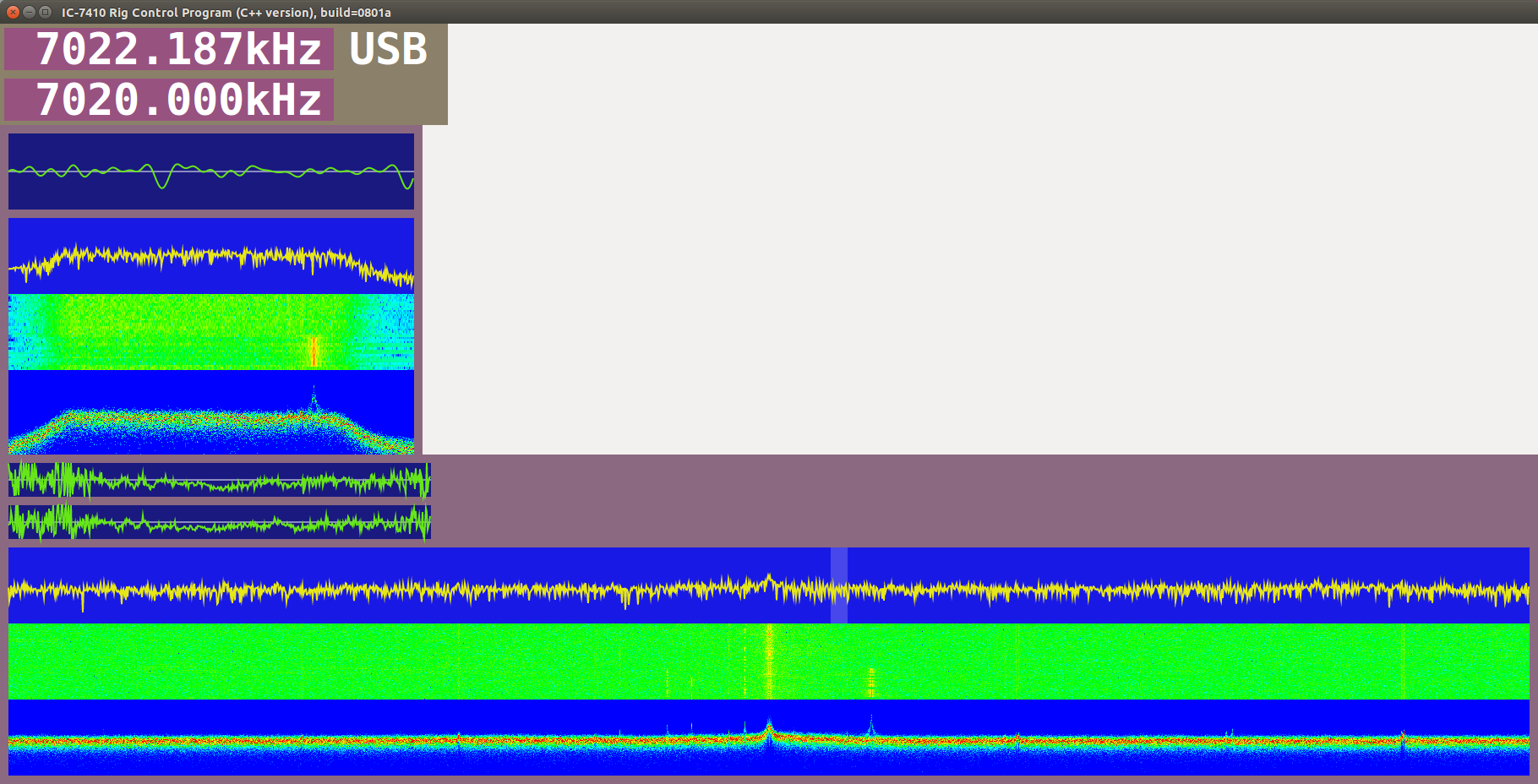class Sound : public AlsaParams {
public:
// virtual int asound_fftcopy() = 0;
int asound_fftcopy(); /* not a virtual function */
};
int Sound::asound_fftcopy() {
/* copy into FFT input buffer */
if(signal_end - signal_start >= nfft*channels) { /* this should always be true */
auto p = signal_start;
switch (channels) {
case 1:
for (int i = 0; i < nfft; i++) {
in[i][0] = *p++ * audio_window[i];
in[i][1] = 0.0; /* no imaginary part */
}
break;
case 2:
for (int i = 0; i < nfft; i++) {
in[i][1] = *p++ * audio_window[i]; /* reverse I and Q */
in[i][0] = *p++ * audio_window[i]; /* reverse I and Q */
}
break;
default:
exit(1);
}
return 0;
} else { /* should never happen */
cout << "Sound::asound_fftcopy((): error " << endl;
return 1;
}
}
This is slightly better, but using switch statements is not very recommended.

